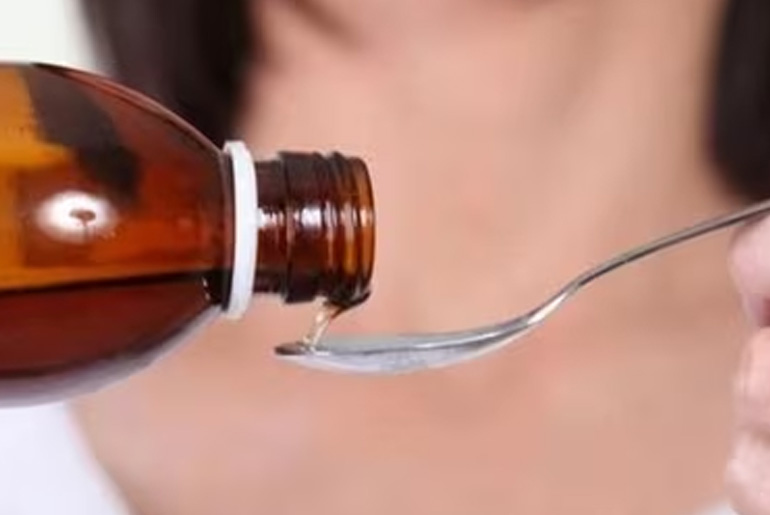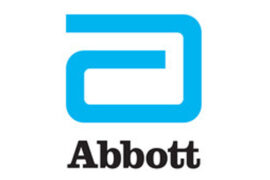The Indian Pharmacopoeia Commission (IPC) issued a drug safety alert for the painkiller Meftal, commonly used for conditions like menstrual cramps and rheumatoid arthritis. The alert, prompted by adverse drug reactions (ADRs) reported in the Pharmacovigilance Programme of India (PvPI) database, specifically highlighted the potential for drug reactions with eosinophilia and systemic symptoms (DRESS) syndrome. Meftal, containing Mefenamic Acid, is known for its ability to lower body temperature, alleviate pain and inflammation in infants and children, and address various discomforts.
Despite its popularity, concerns have been raised about the use of Meftal for treating fever in children. Notably, Mefenamic Acid lacks global approval for managing childhood fevers, making recent warnings particularly significant. The tiered approach to medications for fever management is criticized for lacking scientific basis, prompting caution in its application. A recommended alternative approach involves prioritizing the use of paracetamol or occasional ibuprofen, with close attention to danger signs.
Given the lack of safety data and the recent drug safety alert, practitioners are advised to avoid prescribing Meftal for children. Parents and healthcare providers are encouraged to prioritize trusted medications, stay informed about potential risks and safety updates, and exercise patience in fever management. The fundamental components of this approach include reassurance for both the child and concerned parents, vigilance for danger signs, and the timeless quality of patience. In summary, the safety concerns surrounding Meftal underscore the importance of informed decision-making and careful consideration of alternative medications in the treatment of fever in children.
Pointers that should be kept in mind:
Understanding Childhood Fevers:
Childhood fevers are often the body’s response to infections, commonly of viral origin. Typically, these fevers are self-limiting, lasting a few days, and can be managed with straightforward measures for comfort. These measures include administering paracetamol, dressing the child in light clothing, and ensuring adequate fluid intake.
Ensuring Paracetamol Safety:
When it comes to administering paracetamol to children, it is crucial to follow proper dosage guidelines. The recommended maximum is four times within a 24-hour period, at a dosage of 15mg/kg. Additionally, ibuprofen, globally accepted for occasional use, can be used for pain relief or as an additional measure for recurring fevers.
Trusting Paracetamol Over Meftal:
Recent alerts from the Indian Pharmacopoeia Commission (IPC) regarding Meftal have raised concerns among parents about its safety for treating childhood fevers. Meftal, containing Mefenamic acid, lacks scientific validation and deviates from standard treatment norms for fever in children. Its widespread use in India contrasts with standard practices in the West.
While some practitioners who regularly prescribe Mefenamic acid or Meftal have not reported serious adverse reactions, Dr. Rajath Athreya expresses strong reservations. He particularly cautions against the regular or repeated use of Mefenamic acid in children for fever due to the lack of safety data. This underscores the importance of prioritizing trusted medications with established safety profiles, such as paracetamol, and being cautious about alternatives that lack scientific validation.
Disclaimer:
The information contained in this article is for educational and informational purposes only and is not intended as a health advice. We would ask you to consult a qualified professional or medical expert to gain additional knowledge before you choose to consume any product or perform any exercise.








